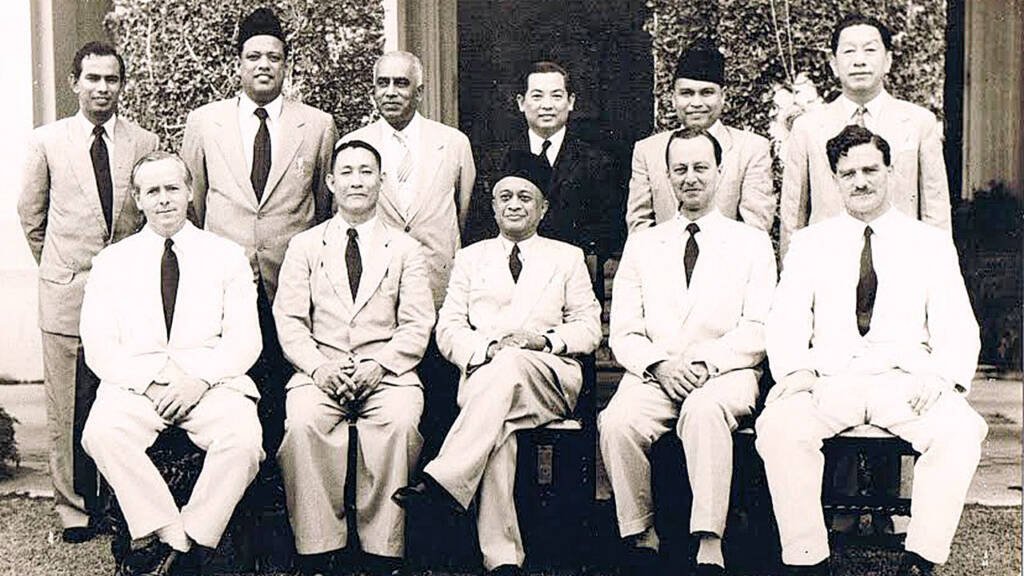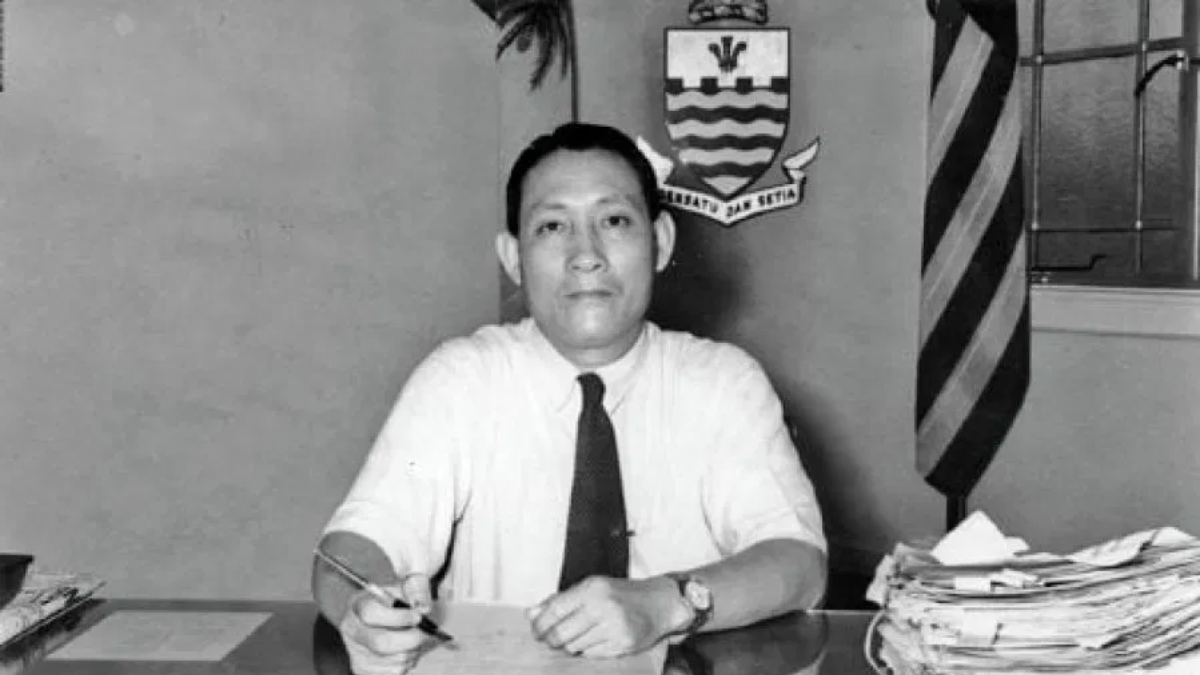Michael Wong Pow Nee was a prominent Malaysian political figure and a respected leader who played a significant role in the country’s early post-independence history. Born on October 7, 1911, in Penang, Wong was a trailblazer in Malaysian politics, known for his dedication to public service, his advocacy for the rights of all Malaysians, and his pivotal role in shaping the nation’s political landscape.
Wong’s early life and education laid the foundation for his future political career. He pursued his education at Penang Free School, one of the most prestigious schools in Malaysia, where he demonstrated exceptional leadership qualities and academic prowess. After completing his schooling, he went on to further his studies in law at the Middle Temple in London, where he was called to the Bar in 1936. His legal training equipped him with the knowledge and skills necessary to navigate the complex legal and political environment of a newly independent Malaysia.

Upon returning to Malaya, Wong Pow Nee quickly became involved in public service, driven by a deep sense of responsibility to his community and his country. He was actively involved in the Malayan Chinese Association (MCA), a key component of the Alliance Party, which later evolved into the Barisan Nasional coalition. His commitment to representing the Chinese community and ensuring their voices were heard in the political arena earned him widespread respect and admiration.
Wong’s most notable contribution came in the form of his leadership during the formation of Malaysia. He was appointed as the first Chief Minister of Penang in 1957, a position he held until 1969. As Chief Minister, Wong Pow Nee was instrumental in steering Penang through its early years as a state within the Federation of Malaya and later Malaysia. His tenure was marked by efforts to promote economic development, improve infrastructure, and foster social harmony among the diverse communities in Penang.
One of Wong’s significant achievements was his involvement in the Cobbold Commission, which was established in 1962 to assess the feasibility of the formation of Malaysia. The commission played a crucial role in gathering opinions from the people of Sabah and Sarawak about joining the Federation of Malaya, leading to the eventual creation of Malaysia on September 16, 1963. Wong’s participation in the commission underscored his commitment to national unity and his vision for a prosperous and inclusive Malaysia.
Throughout his career, Michael Wong Pow Nee remained a staunch advocate for unity, multiculturalism, and equal opportunities for all Malaysians. He believed in the importance of cooperation between the various ethnic communities in Malaysia and worked tirelessly to ensure that the nation’s development was inclusive and equitable.
Wong’s legacy continues to be remembered in Malaysia, particularly in Penang, where his contributions have left an indelible mark. His leadership, dedication to public service, and unwavering commitment to the betterment of his country have cemented his place as one of Malaysia’s most respected political figures. Michael Wong Pow Nee’s life and work serve as a testament to the power of visionary leadership and the importance of unity in building a nation.


